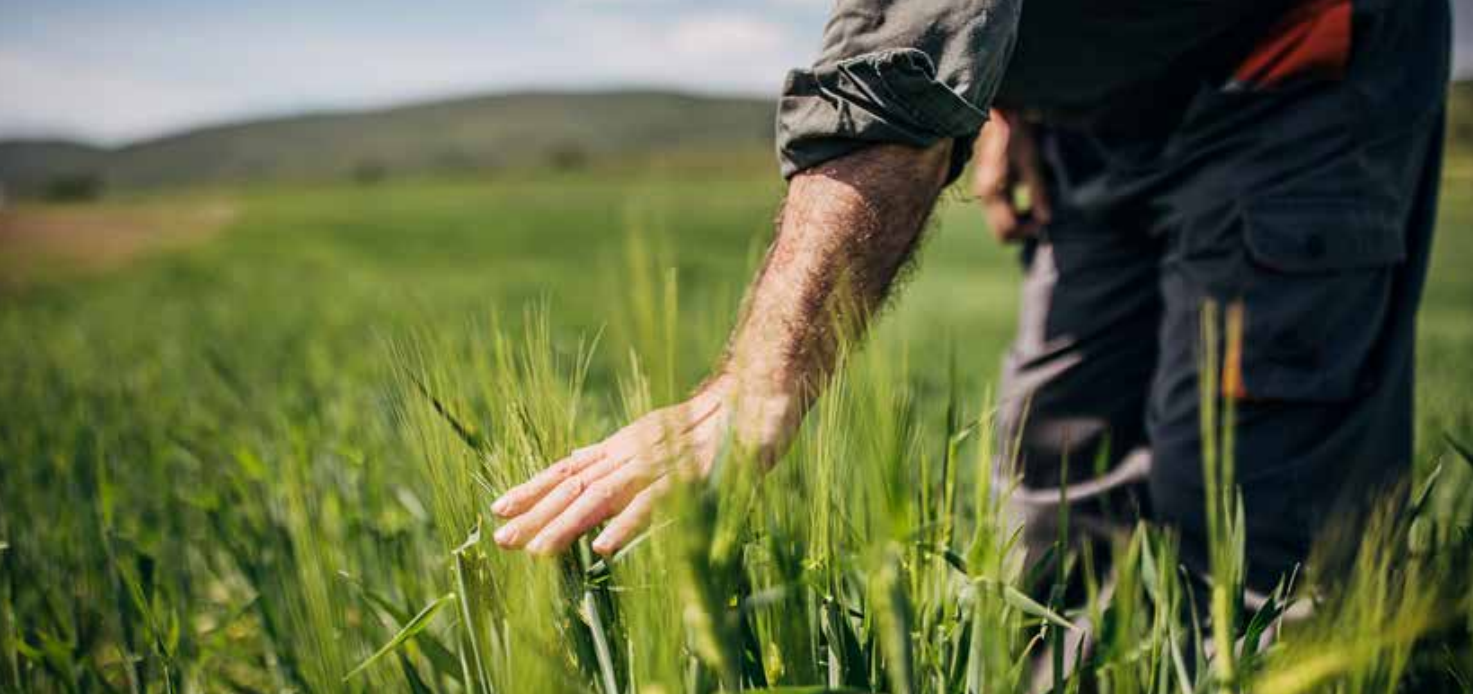Planting Seeds: Growing the economy
Growing almost $13 billion in gross value of production and employing over 34,0000, Australian grain farmers are integral to the fabric of regional communities and are a mainstay within the Australian economy. GrainGrowers has identified six key priorities for the next Federal Government to help advance the Australian grains industry. Based on member and industry input, including over 600 survey responses, and endorsement from the GrainGrowers’ National Policy Group, these election priorities will benefit the national economy, consumer and community whilst sustaining growth of the industry.
Grower Case Study: Inputs
Tristan Baldock from Kimba SA has outlined some of the areas where cost and availability of inputs is impacting his farm.
"I'd certainly call on government going forward to put in place whatever policy settings they can to promote and facilitate increased manufacturing and formulation of key inputs here in Australia."
Click below to watch Tristan's video:
Scroll down for more resources and case study videos.






